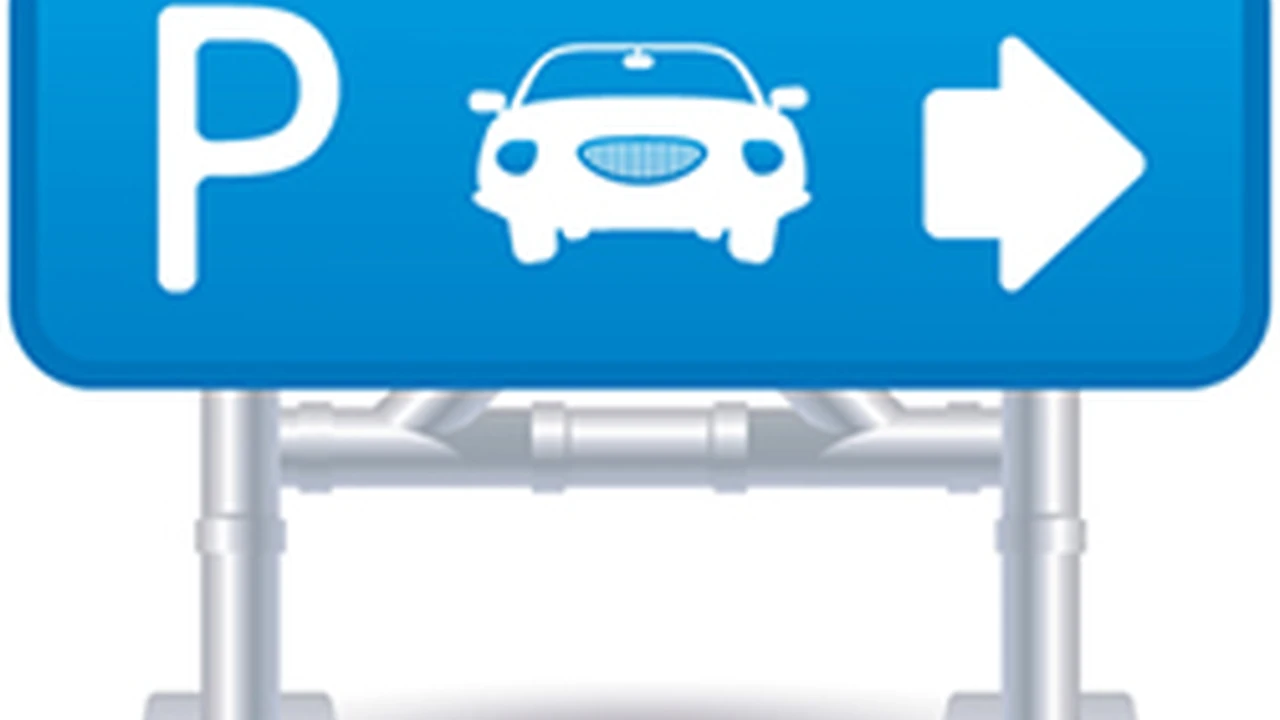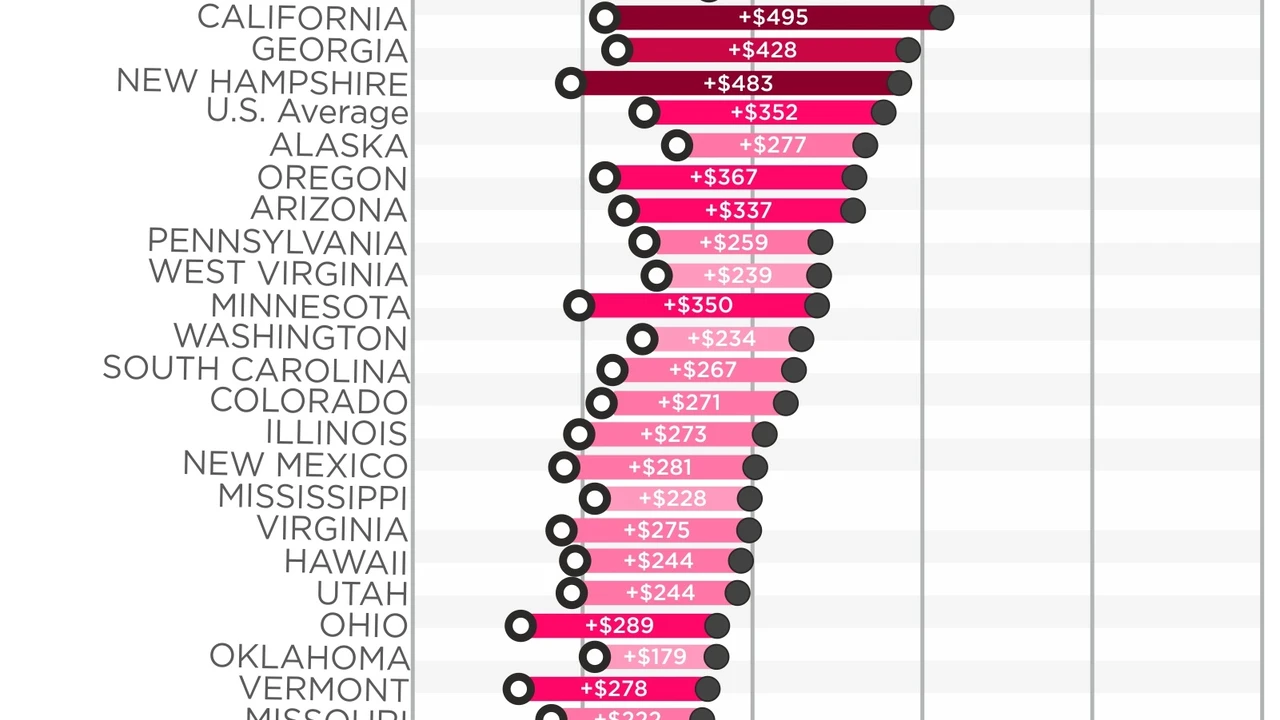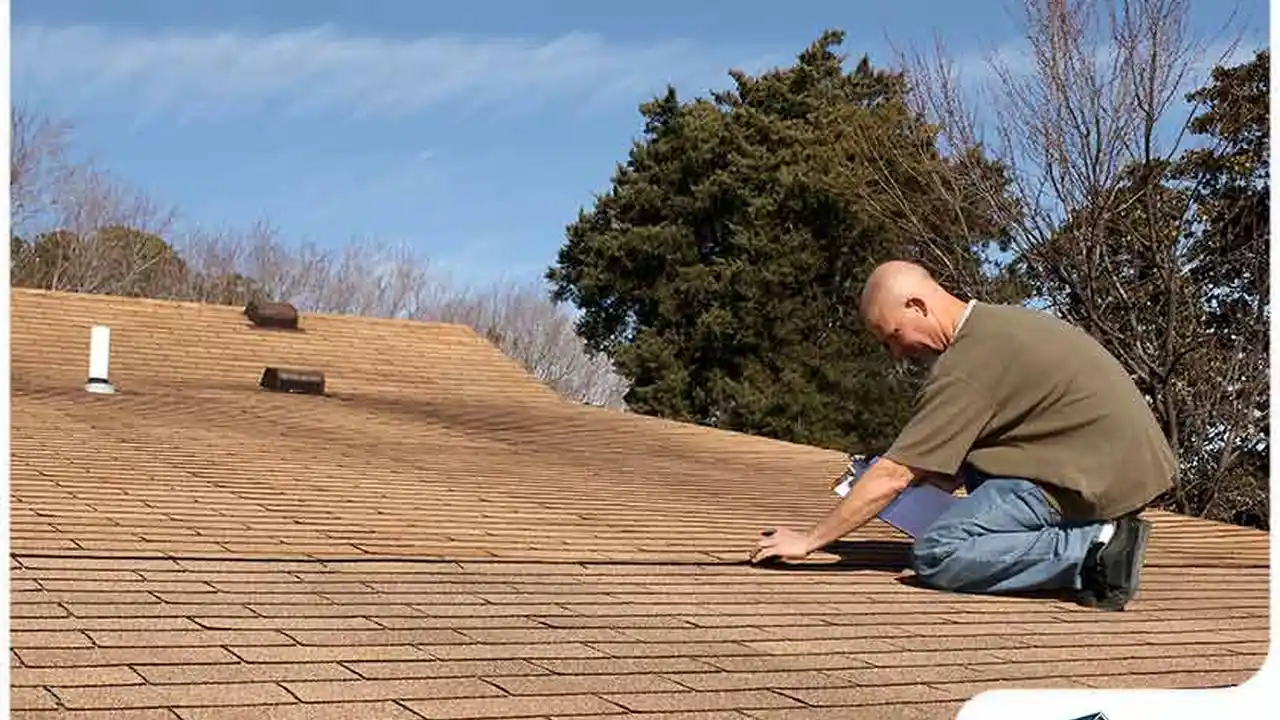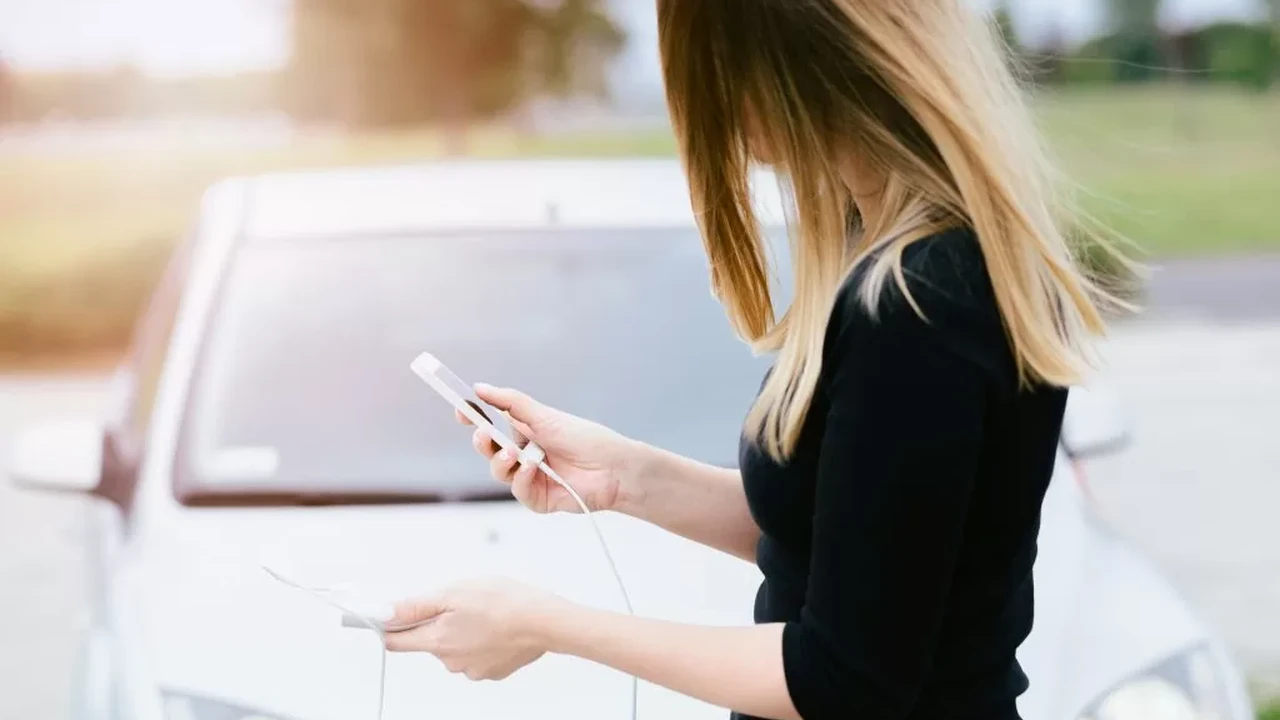Accidents Involving Parked Cars: Determining Fault and Responsibility

Understanding the Basics Parked Car Accidents and Liability
Alright, so you've found yourself in a bit of a pickle involving a parked car. Maybe you dinged it, maybe it dinged you (somehow!), or maybe you witnessed something. Whatever the case, understanding how fault and responsibility are determined in these situations is crucial. It's not always as straightforward as you might think. We're gonna break it down, make it easy to digest, and hopefully, keep you from pulling your hair out dealing with insurance companies.
First things first: what exactly constitutes a parked car accident? It's any incident where a moving vehicle makes contact with a stationary, parked vehicle. Seems simple, right? But the nuances are where things get interesting. The key question is: who was negligent?
Negligence, in legal terms, means a failure to exercise reasonable care. In the context of a car accident, it means someone didn't act as a reasonably prudent person would under similar circumstances. This could involve speeding, distracted driving, failing to yield, or even improper parking.
Let's consider some common scenarios:
* **Scenario 1: You're pulling out of a parking space and clip the car next to you.** In this case, you're likely at fault. You have a duty to ensure the coast is clear before moving your vehicle. * **Scenario 2: Someone backs into your parked car.** They're usually at fault. Again, they have a responsibility to check their surroundings before reversing. * **Scenario 3: A hit-and-run situation.** This is a criminal offense as well as a civil matter. Even if you don't know who hit your car, your insurance can still help (more on that later). * **Scenario 4: A car rolls down a hill and hits a parked car.** This is trickier. Was the emergency brake properly engaged? Was there a mechanical failure? The investigation will focus on determining what caused the car to roll.Determining Fault in Parked Car Accidents Gathering Evidence and Witness Statements
So, how do insurance companies figure out who's to blame? They investigate! This involves gathering evidence, interviewing witnesses, and reviewing police reports (if any). The more information you can provide, the better.
Here's what you should do immediately after a parked car accident:
* **Document the Scene:** Take photos of the damage to both vehicles, the surrounding area, and any relevant details like skid marks or debris. * **Exchange Information:** If the other driver is present, exchange insurance information, driver's license details, and contact information. * **Get Witness Statements:** If there were any witnesses, get their contact information. A neutral third party can provide valuable insights. * **Contact the Police:** If the damage is significant, or if the other driver fled the scene, call the police. A police report can be crucial for your insurance claim. * **Notify Your Insurance Company:** Even if you don't think you're at fault, it's important to notify your insurance company as soon as possible. They can guide you through the claims process and protect your interests.Insurance adjusters will use this information to determine who was negligent and to what extent. They may also consider factors like traffic laws, visibility, and weather conditions.
Insurance Coverage for Parked Car Accidents Understanding Your Policy and Filing a Claim
Okay, let's talk insurance. Your insurance policy is your safety net in these situations. The type of coverage you have will determine what expenses are covered and how much you'll have to pay out of pocket.
Here are the key types of coverage to be aware of:
* **Collision Coverage:** This covers damage to your vehicle, regardless of who was at fault. However, you'll typically have to pay a deductible. * **Uninsured/Underinsured Motorist Coverage:** This covers your damages if you're hit by an uninsured driver or a driver who doesn't have enough insurance to cover your losses. * **Property Damage Liability Coverage:** This covers damage you cause to another person's property, including their parked car. This is part of your liability insurance. * **Comprehensive Coverage:** This covers damage to your vehicle from events other than collisions, such as theft, vandalism, or natural disasters. So, if a tree falls on your parked car, this coverage would kick in.Filing a claim can seem daunting, but it's usually a pretty straightforward process. Your insurance company will assign an adjuster to your case. The adjuster will investigate the accident, assess the damage, and determine how much your insurance will pay. Be prepared to provide all the documentation you've gathered, including photos, witness statements, and police reports.
Preventing Parked Car Accidents Tips for Safe Parking and Awareness
Prevention is always better than cure, right? Here are some tips to help you avoid parked car accidents:
* **Park in Well-Lit Areas:** This makes it easier to see and be seen. * **Use Your Mirrors and Backup Camera:** Don't rely solely on your mirrors; physically turn your head to check your blind spots. * **Park Straight and Within the Lines:** This minimizes the risk of your car being hit by another vehicle. * **Be Aware of Your Surroundings:** Pay attention to pedestrians, cyclists, and other vehicles. * **Don't Park Too Close to Other Cars:** Give yourself enough space to maneuver safely. * **Check for Obstacles:** Before pulling out of a parking space, check for any obstacles, such as shopping carts, children, or pets. * **Consider a Dashcam:** A dashcam can provide valuable evidence in the event of an accident.Product Recommendations for Parked Car Safety Dashcams Parking Sensors and More
Alright, let's talk gadgets! There are some fantastic products on the market that can help you prevent parked car accidents or at least provide valuable evidence if one does occur.
Dashcams for Parked Car Monitoring: BlackVue DR900X Plus vs Thinkware U1000
A dashcam is like an eyewitness that never blinks. It records everything that happens in front of your car, and some models even record what happens behind it. Crucially, some have parking mode features.
* **BlackVue DR900X Plus:** This is a high-end dashcam that records in 4K resolution. It has excellent image quality, even in low light conditions. Its parking mode uses buffered recording, meaning it captures footage a few seconds *before* an impact is detected, giving you the full picture. The downside? It's pricey, around $450-$500. Use case: peace of mind knowing you have crystal-clear footage if anything happens while parked. Scenario: someone backs into your car in a parking lot and drives off. The BlackVue captures their license plate, making it easy to file a police report and insurance claim. * **Thinkware U1000:** Another top-tier dashcam with 4K recording and advanced features like radar detection for parking mode. This means it can detect movement around your car even before an impact occurs, conserving battery life. It also boasts excellent night vision. Expect to pay around $400-$450. Use case: enhanced security in areas with high foot traffic or potential for vandalism. Scenario: someone attempts to break into your car while it's parked. The radar detection triggers the dashcam to record the event, potentially deterring the thief or providing evidence for the police.Comparison: The BlackVue is known for its ease of use and sleek design, while the Thinkware offers more advanced features and better night vision. Both are excellent choices, but the Thinkware's radar detection gives it an edge in terms of parking mode functionality. Consider your budget and specific needs when making your decision.
Parking Sensors and Backup Cameras: Rydeen BSS1LP vs EchoMaster PCAM-CHMSL
Parking sensors and backup cameras can make maneuvering in tight spaces much easier and safer. They help you avoid bumping into other cars, pedestrians, or objects.
* **Rydeen BSS1LP:** This is a simple but effective parking sensor system. It uses ultrasonic sensors to detect obstacles behind your car and alerts you with audible beeps. The closer you get to an object, the faster the beeps become. It's relatively inexpensive, around $100-$150. Use case: preventing minor bumps and scrapes while parking. Scenario: you're backing into a tight parking space and don't see a low-lying object behind your car. The Rydeen sensors alert you to the obstacle, preventing a collision. * **EchoMaster PCAM-CHMSL:** This is a backup camera integrated into the CHMSL (Center High Mount Stop Light). It provides a clear view of what's behind your car, making it easier to back up safely. Some models even have guidelines to help you judge distances. Price ranges from $200-$300. Use case: improving visibility and safety while backing up, especially in larger vehicles. Scenario: you're backing out of a driveway and can't see a child playing behind your car. The EchoMaster camera provides a clear view, allowing you to stop in time to avoid an accident.Comparison: The Rydeen provides audible alerts, while the EchoMaster provides a visual view. A combination of both is ideal, but if you have to choose one, consider your driving habits and the type of vehicle you drive. For larger vehicles, a backup camera is essential. For smaller vehicles, parking sensors may be sufficient.
Car Covers for Protection: Budge Lite vs Covercraft WeatherShield HP
While not directly preventing accidents, a good car cover can protect your parked car from the elements, reducing the risk of damage from hail, tree sap, bird droppings, and other hazards.
* **Budge Lite:** A basic, inexpensive car cover designed for light protection against dust, dirt, and sun. It's breathable and easy to install. Around $30-$50. Use case: protecting your car from dust and sun damage while parked in a garage or carport. Scenario: you're storing your car for the winter and want to protect it from dust and moisture. * **Covercraft WeatherShield HP:** A premium car cover made from a durable, water-resistant fabric. It provides excellent protection against rain, snow, sun, and hail. It's more expensive, around $300-$400. Use case: protecting your car from harsh weather conditions while parked outdoors. Scenario: you live in an area with frequent hailstorms and want to protect your car from damage.Comparison: The Budge Lite is a budget-friendly option for basic protection, while the Covercraft WeatherShield HP offers superior protection against the elements. Choose the cover that best suits your climate and storage conditions.
Remember to research specific models and read reviews before making a purchase. Prices can vary depending on the retailer and features.
:max_bytes(150000):strip_icc()/277019-baked-pork-chops-with-cream-of-mushroom-soup-DDMFS-beauty-4x3-BG-7505-5762b731cf30447d9cbbbbbf387beafa.jpg)






